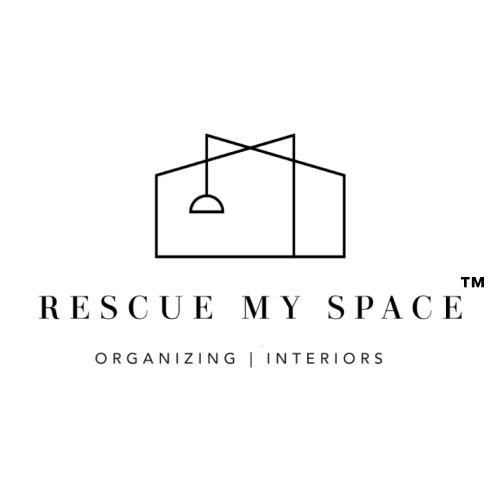So you come home after a busy day at work and sit down on the couch in front of the TV and plop your feet on your antiquish coffee table. As you open your eyes after waking up from your 2-second nap, you realize the piles of stuff around you. Your mind has now become distressed and goes into overdrive to process your space. The Effects of Clutter and Stress.
STRESS, the 5-letter word that is seen as both positive and negative. We try to keep it out of our lives and at the same time we can’t live without it. Stress is how we deal with challenges or threats in our lives. When we feel threatened, our body responds by releasing stress hormones called cortisol. High levels of cortisol can:
- Lower immune function and bone density
- Increase weight gain
- Increase blood pressure, cholesterol and heart disease
- Increase risk of depression and mental illness
- Lower life expectancy
As mentioned before, in many cases stress is positive as it helps us concentrate, focus and stay alert, but an overload can be detrimental to our health.
Here are a few guidelines on how to stop clutter in its track and focus on living a more happy, stress-free and clutter-free life.
- Would I pay to move it? If this answer is No then it probably isn’t important enough to keep.
- Does it make me happy? After touching an item and there’s no sense of joy or good memory then it may be time to part ways.
- What is it about? What is the real reason you can’t let go of an item? Sometimes the items we hold on to bring back a memory whether it is good or bad.
At first it may seem overwhelming to know that you will need to get rid of your stuff to remove unnecessary stress in your life but with practice and persistence, it will come natural. By the time you know it, you’ll be able to slide down the hall without worrying about anything stopping you.
Resource and References
Cortisol: Why “The Stress Hormone” Is Public Enemy No.1 – Christopher Bergland five simple ways to lower your cortisol levels without drugs. (Psychologytoday.com)

